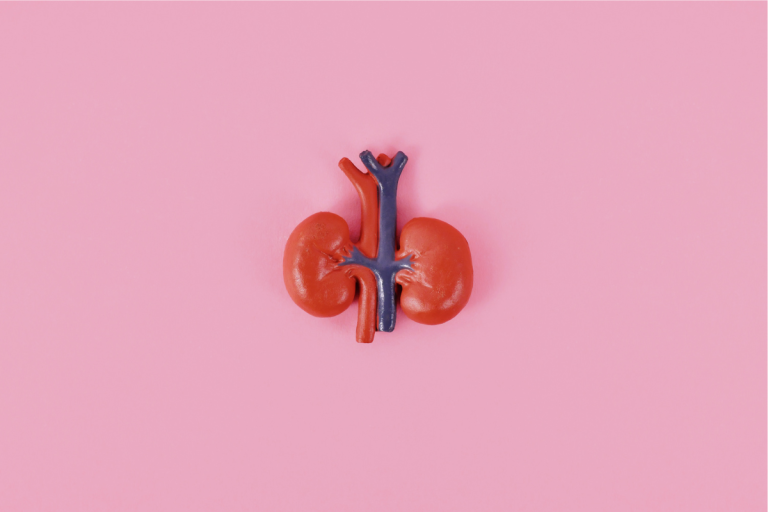
How can you tell when something is wrong? Pay attention to the symptoms coming from your body.
Play it smart when you notice something that could be a serious health problem, like cancer. Talk to your doctor and get it checked out. In general, the disease is easier to treat if it is detected early.
Signs of cancer in both men and women
Loss of appetite. Many conditions, from depression to the flu, can cause you to feel less hungry. Cancer does this by changing the way your body metabolizes food into energy.
A
Cancers of the stomach, pancreas, colon, and ovaries can put pressure on your stomach and make you feel overwhelmed when you eat.
Blood in the stool. Cancer can bleed, but so can bleeding from many other things, including wounds, hemorrhoids, infections, and wounds. When your stool looks red, the blood is usually somewhere in the gastrointestinal tract, which means the esophagus, stomach, and intestines.
One way to tell where the blood is coming from is how light or dark it looks. Bright red could mean bleeding in your rectum or at the end of your bowel. A dark color could mean something up there, like a stomach ulcer (dark stools due to exposure to stomach acid).
Regardless of the cause, blood in the stool should be checked. A colonoscopy or other tests may be needed to diagnose the problem.
Blood in the urine. When it appears in the urine, blood can be a warning sign of a urinary tract problem. Kidney or bladder cancer can cause this symptom, but it can also be due to infection, kidney stones, or kidney disease.
The cough does not go away. Colds and the flu can make you tear up, but they’re also signs of lung cancer, along with red flags like chest pain, weight loss, hoarseness, fatigue, and shortness of breath. If you can’t shake it, see your doctor, especially if you smoke.
Too tired. It is one of the most common symptoms of cancer. We’re not talking about the usual kind of fatigue here – it’s the kind of fatigue that doesn’t go away. If changing your activity level or getting more sleep doesn’t help, see your doctor.
The fever does not go away. A rise in your temperature is usually a sign of an infection. But some cancers, such as lymphoma, leukemia, kidney and liver cancer, can cause it.


